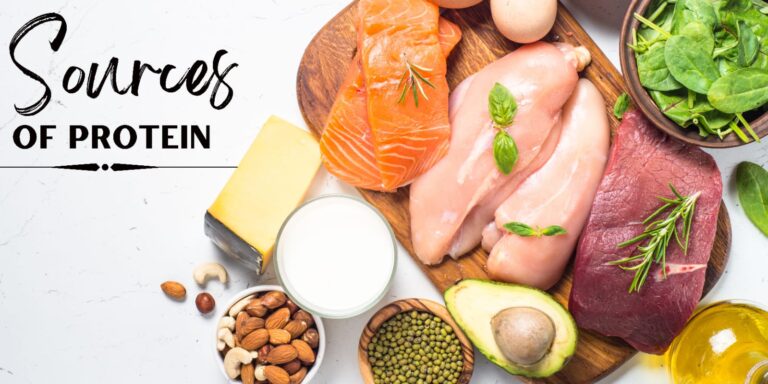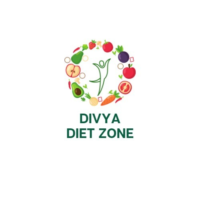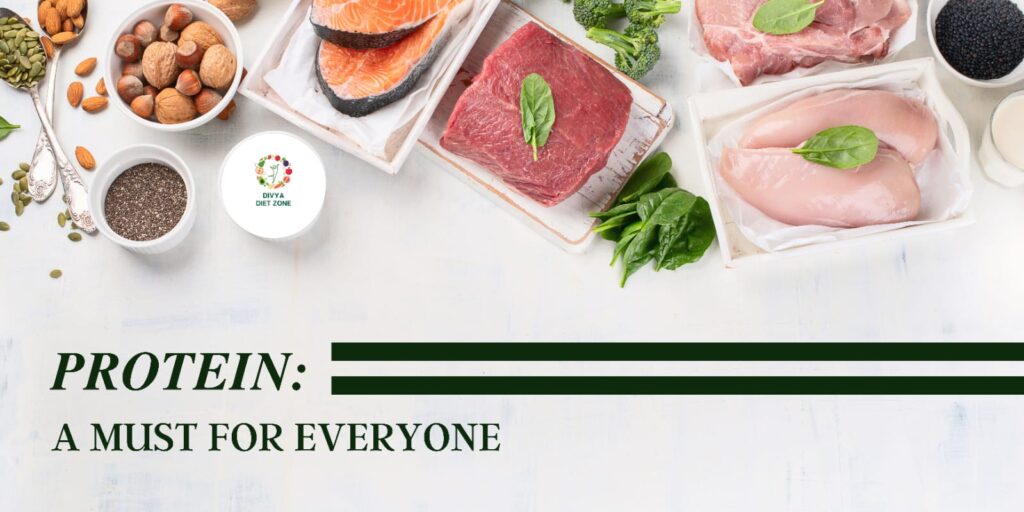In recent years, high-protein diets have become the trendy influencers of the market, whether the protein is consumed as a supplement in the form of protein shakes or added to the usual portion of a balanced diet.
The Misconception:
Not only this, I encountered those individuals who associate protein with those who are looking to bulk up their bodies or bodybuilders. It takes me a whole lot of effort to convince them that “protein” is a ‘must’ for everyone!
As we discussed in our previous blog, Carbohydrates are one of the three main nutrients found in foods and drinks, along with fats and protein. All three macronutrients provide us with energy.
Why Protein is a must for Everyone?
It is often said that you need to take protein in adequate amounts.
So, let’s dive deep into the ocean and start with the very basic question of “Why does your body need protein?”.
It is the building block of the body, or, in layman’s language, the construction of the whole body depends on proteins like hair, nails, bones, muscles, etc. Proteins are made up of hundreds or thousands of smaller units called amino acids, which are attached in long chains. It is made from twenty-plus basic building blocks called amino acids. Our body doesn’t store amino acids.
Protein: The Reserve
Bank of Energy
Let’s not complicate it further, as we all know that carbohydrates are the ready-made source of energy that is converted into glucose, which is further utilized in daily activities like walking, jogging, mental work, etc. So, let’s suppose we are scarce with the so-called carbs; then the next alternative that our body will be going to use is ‘fats’ or “ketos”. If fats are also not available, then our body will use the third alternative, which is “Proteins” [Neu glucose genesis]. From the above, we can say that protein is the reserve bank of the body and will be utilized for energy when the need arises.
Functions of Protein
in Our Body:
- Muscle Building: The shape, size, and strength of the muscles depend on protein. It further plays a key role in building more muscles or improving them when you are undergoing weight training exercises. Not only this, if you are on a weight loss journey, it will help you out by not loosening the muscle mass of your body.
- Bones: In addition to calcium, in the presence of an adequate supply of Vitamin D, dietary proteins also play a key role in the maintenance of bone health and thereby help in the prevention of osteoporosis.
- Immunity: As we know, protein is made up of amino acids. These compounds are the key players in your immune system, particularly T cells, B cells, and antibodies, which are germ fighters that spot and kill harmful cells that enter your body before they can start an infection.
- Control Cravings: We often get confused between Cravings and Hunger. Cravings come from your brain, not your stomach, or we can say that it is additional eating from what you have eaten. If you add an adequate amount of protein to your diet, you will be able to stop your late-night cravings.
- Burning Fat: Metabolism is a rate that determines the calories you burn. If your metabolism is fast, your body will be able to burn calories quickly, and vice versa. An adequate amount of protein in your diet will help boost your metabolism and burn calories even at rest.
- Heart Health: Consuming healthy proteins from plant and animal sources as a part of a balanced diet can help lower your risk of heart disease. It helps reduce levels of LDL and manage blood pressure.
- Wound Healing: Proteins significantly affect the entire process of wound healing through their roles in RNA and DNA synthesis, collagen, elastic tissue formation, etc.
- Oxygenate: Red blood cells contain a protein compound that carries oxygen throughout the body. This helps supply your entire body with the nutrients it needs.
After elaborating on the functions and needs of protein in your body, one thing that will hit your mind at first is that, if protein is so beneficial, can we eat only proteins and skip the rest? Then my reply for the same is a “Big No”. Why? Because we need a balance. We need everything in an adequate amount. Suppose that if we overdo the quantity of protein in our diet, then it will increase the incidence of kidney stones, weight gain, constipation, or even a high risk of cancer.

Sources of protein:
At last, let’s discuss a bit about the sources of protein. It comes in various forms as per personal and cultural preferences.
- Plant Sources: Beans, legumes, lentils, and vegetables
- Dairy Products: Curd, paneer, and milk essence
- Non-Vegetarian: Red meat, chicken, poultry, eggs, and fish.
How much protein?
According to the Dietary Reference Intake Report for Macronutrients, a sedentary adult should consume 0.8 grams of protein per kilogram of body weight, or 0.36 grams per pound.
Request an Appointment



It is an awesome overview and detailed information. Helped a lot to understand about Protein.
Thank you so much for your words!
Very precise and informative
Thank you so much for your feedback!